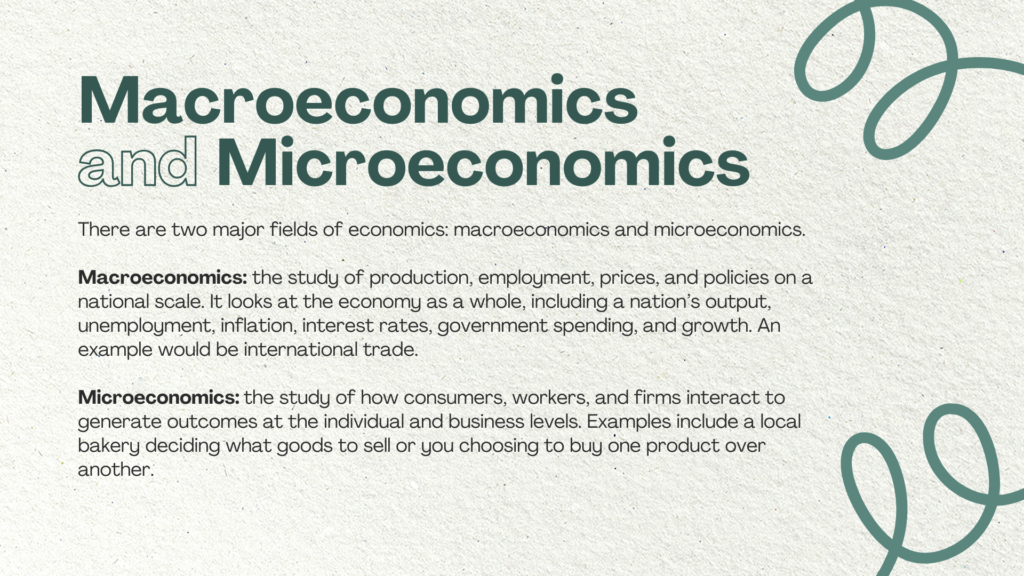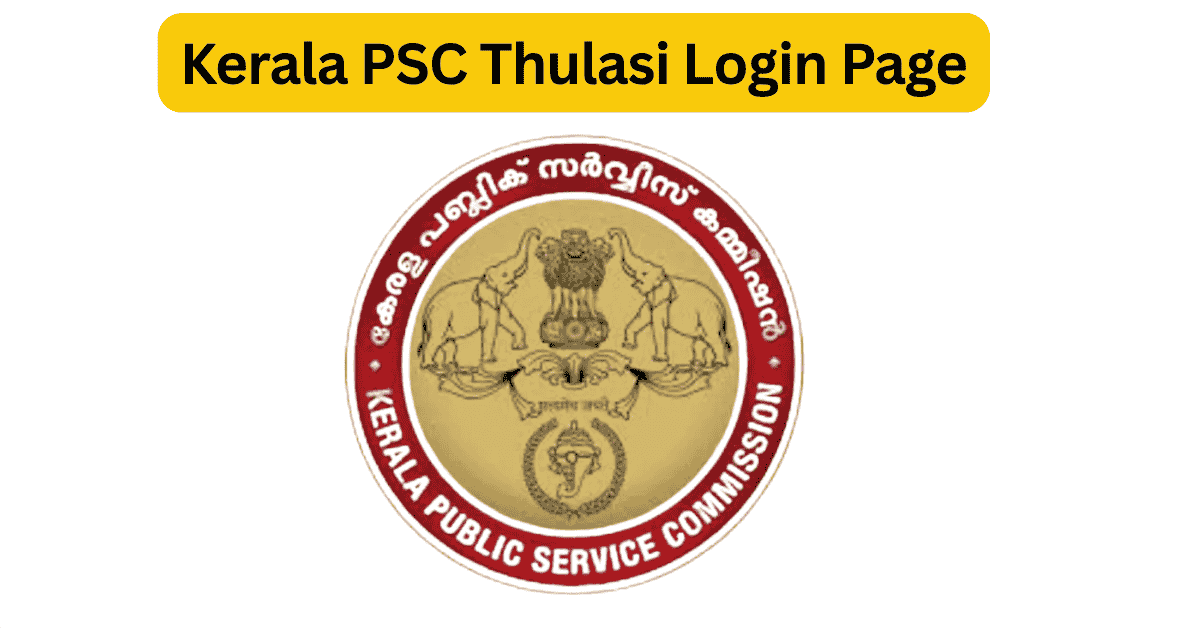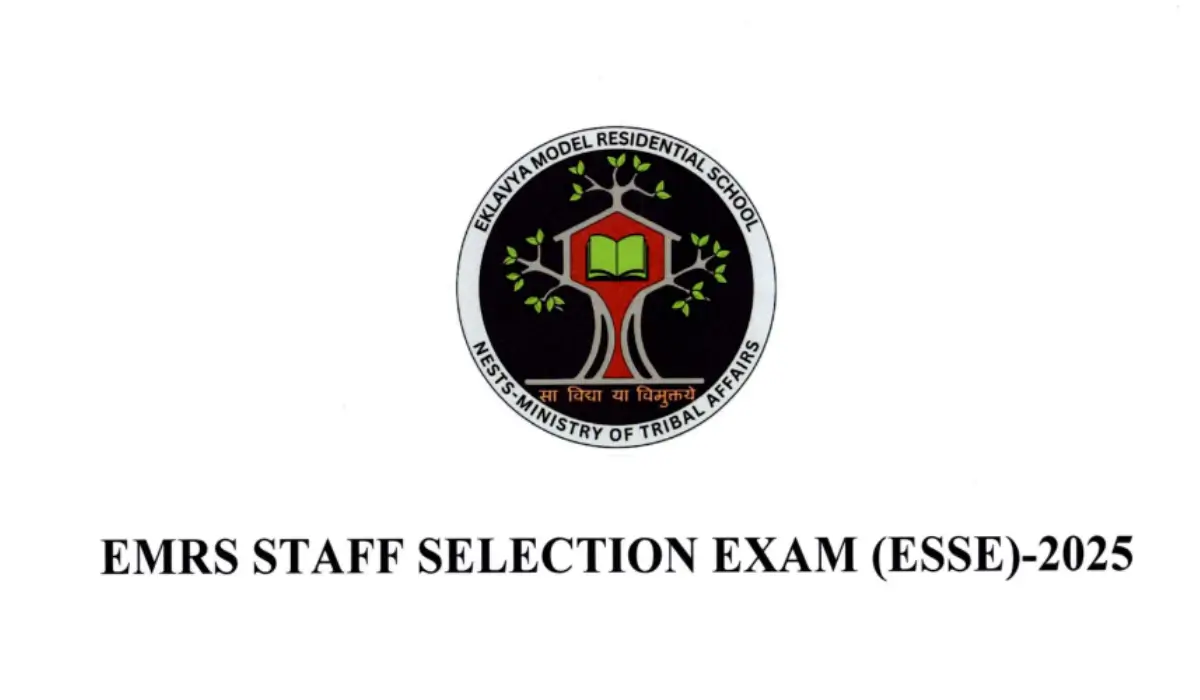In every year of life, economics has developed its own present around the world. Economics helps us understand how the world works and how money, goods, and services are used by people, businesses, governments, and societies. Let’s explain the scope of economics around the world It is a type of social science that helps us to understand how economies worked in the past, how they work now, and the future worked model.
Economics has shared its branches around the world. economics dependence is around the world hence, the number of career opportunities in economics has also grown. In this article, we learn about the nature and scope of economics and prospective careers in economics.
Nature and Scope of Economics
Nature and scope of economics have a dual significance. One of the famous economists Dr. Robbins suggested that economics is a science that studies human behavior, Alfred Marshall, another renowned scientist, defined economics as an art. One of the great scientists explain the scope of economics in every field around this world, when a scientist researches the history of every country they find the significance of the scope of economics. So in this article we are describe the nature and scope of economics.
Let’s learn the nature of economics as science and art:
1. Economics as a Science
British economist Lionel Robbins said that economics is the science that studies human behavior as a relationship between end and scarce means that have alternative uses. Economics is considered a science because the scope of economics depends on several principles. It considers a systematic study of facts and knowledge. it’s the systematic study of knowledge. It finds out the relationship between cause & effect. Science focuses on understanding how one thing depends on another. This idea is used when gathering, organizing, and studying information in both micro and macroeconomic research.
it is also a synthesized body of knowledge, but unlike a science, it is based on specific solutions for specific problems. According to economist Alfred Marshall, economics is the art of the practical application of scientific theories for accomplishing goals. The relationship between economic variables and their application theories is defined by their graphical representations in economics.
2. Scope of Economics
Economics has a large wide nature of scope around the world. It includes many ideas and rules that affect how a country’s money and resources are used. These ideas help guide decisions that can make a country’s economy stronger or weaker when we are trying to learn two scopes of economics – Microeconomics and Macroeconomics in economics.
When individual or household and firm’s behavior in decision-making and allocation of resources is studied it refers to microeconomics. Microeconomics is the study of the economic behavior of individual consumers and producers or companies and of individual economic variables, i.e., production and pricing of individual goods or services.
Studies how consumers and producers make their choices.
- how their decisions and choices affect the market demand and supply conditions.
- how consumers and producers interact to settle the market prices of goods and services.
- how prices are determined in different market settings.
- how total output is distributed among those who contribute to production, i.e., between landlords, labour, capital suppliers, and entrepreneurs.
When a country’s economy’s behavior and performance are studied, macroeconomics is used. Macroeconomics is the study of a national economy as a whole. Deals not with individual quantities, as such, but aggregates of these quantities.
- Not with individual incomes, but with the national income,
- Not with individual prices but with price levels,
- Not with individual output but with the national output.”
Macroeconomics focuses on issues that affect nations and the world economy (like GDP, GNP, NI, Inflation, Employment rate, and general price level).

Top 10 Careers Scope in Economics
Economics has a wide range of career options. Students who want to choose economics as a subject have multiple career opportunities in this field. From Economists to Probationary Officers student can choose any career field in economies of scope.
Here are the top 10 career opportunities in scope of economics:
- Economist
- Financial Researcher
- International Development Specialist
- Consumer Credit Manager
- Indian Economic Services Officer (IES)
- Income Tax Officer
- Statistical Investigator
- Probationary Officer
- Personal Financial Advisor
- Economics Teacher
1. Economist
This is a traditional career path for those with a degree in Economics. Economists analyze data to understand how individuals, businesses, and governments make decisions through mathematical models and strategic techniques and how markets and economies function. They may work in research, public policy, or the private sector for companies requiring economic analysis for business opreations.
Skills Required:
- Excellent mathematical knowledge.
- Interpersonal skills
- Critical thinking ability
- Good knowledge of social sciences
- Problem-solving skills
Average Salary:
- The average salary of an economist is INR 6.6 LPA.
2. Financial Researcher
Financial analysts assess financial data to assist businesses and individuals in making investment decisions by predicting the company’s future performance in the working sector to keep business plans. They may work in investment banking, portfolio management, forecasting future revenues or for financial institutions such as hedge funds or insurance companies.
Skills Required:
- Financial thinking
- Digital Presentation skills
- Multitasking ability
- Problem-solving skills
- Excellent Communication skills
Average Salary:
- The average salary of a financial researcher is INR 8.2 LPA.
3. International Development Specialist
International development specialists work for organizations like the World Bank or the United Nations to design and implement programs to improve economic conditions in developing countries. They may focus on areas such as microfinance, education, or healthcare.
Skills Required:
- Digital Presentation skills
- Multitasking ability
- Problem-solving skills
- Excellent Communication skills
- Financial management
Average Salary:
- The average salary of a financial researcher is INR 7.2 LPA.
4. Consumer Credit Manager
A Consumer Credit Manager is responsible for managing a company’s consumer credit operations. They are responsible for the evaluation of credit applications by checking creditworthiness, setting credit limits, and managing collections for individuals and businesses. They work to minimize risk and ensure the company’s profitability by effectively managing consumer credit portfolios. They directly involved in predicting risks and approving or rejecting loans.
Skills Required:
- Communication skills
- Hands-on experience with accounting software
- Financial analysis
- Risk management
- Good coutumer service
Average Salary:
- The average salary of a consumer credit manager is INR 7.7 LPA.
5. Indian Economic Services Officer (IES)
The Indian Economic Services Officer or IES officer is responsible for manage and conduct the economic affairs in the social or government sectors. Their work focuses on economic analysis and policy-making in India. It involves data analysis, economic research, and advising the government on various economics issues and strategies.
Skills Required:
- Leadership skills
- Problem-solving skills
- Moral judgment power
- Critical thinking ability
- Coordination skills
Average Salary:
- The average salary of an IES officer is INR 8.90 LPA (as per the 7th Pay Commission).
6. Income Tax Officer
Income tax officers are responsible for assessing, collecting, and enforcing tax laws. They investigate tax evasion, conduct audits, process tax returns, and ensure compliance with income tax regulations. They are mediator between taxpayer and the government to checking in the taxation process to evaluate the tax problems.
Skills Required:
- Analytical thinking
- Problem-solving
- Attention to detail
- Time management skills
- Evaluating skills
Average Salary:
- The average salary of an income tax officer is INR 7.5 LPA.
7. Statistical Investigator
A Statistical Investigator always works planning and executive relating to the census. The work includes conducting surveys in their job role. Statistical Investigators are responsible for collecting, analyzing, and interpreting data, preparing reports, and providing statistical insights to support decision-making processes in government agencies.
Skills Required:
- Data analysis
- Problem-solving
- Attention to detail
- Statistical software proficiency
Average Salary:
- The average salary of a statistical investigator is INR 7.5 LPA.
8. Probationary Officer
Probationary Officers work to find economic trends, prepare financial reports, manage banking operations, and advise on loan policies. They ensure effective financial decision-making and compliance with regulations. They are able to issue checkbooks, pass cheques, and manage cash. The officer also authorized to work under private or public sector companies for financial or accounting opreations.
Skills Required:
- Communication
- Problem-solving
- Leadership
- Analytical thinking
Average Salary:
- The average salary of a probationary officer is INR 7.5 LPA.
9. Personal Financial Advisor
Personal Financial Advisors are responsible for offering financial advice, managing investments, planning for retirement, and helping clients meet their long-term financial goals based on economic conditions. Advisors can help to a person or a company by providing various strategies and financial techniques. They are helping to reduce financial costs, eliminate debts, and create more wealth.
Skills Required:
- Analytical thinking
- Communication
- Financial planning
- Problem-solving
Average Salary:
- The average salary of a personal financial advisor is INR 4.56 LPA.
10. Economics Teacher
To become an Economics teacher are always responsible for having good knowledge in economics and they know to manage students in their work and good career path. Economics teachers are responsible for teaching economic concepts, conducting research, developing lesson plans, and evaluating student performance while fostering critical thinking and analytical skills in students.
Skills Required:
- Communication
- Analytical thinking
- Research
- Curriculum planning
Average Salary:
- The average salary of a personal economics teacher is INR 4.56 LPA.
Verdict
The significance of the scope of economics is more than the consumption of goods and services. Economics covers all the main problems society faces, so it is seen as a social science. It helps people understand important ideas and think in new ways. It helps explain economic behavior and decisions, guiding how societies manage resources. In this this article we know economics has a wide range of career opportunities including economist, financial researcher, and economics teacher as per economic theory.
Frequently Asked Questions
Discuss the significance of the scope of economics?
The significance of the scope of economics lies in its ability to explain how people and societies use limited resources to produce, buy, and consume goods and services. Economics helps us understand human behavior, decision-making, and resource management on various levels.
What is the scope of economics?
The economic scope includes all the history faced by society, covers economic decline and growth, poverty, unemployment, budgeting, etc.
What are the nature and scope of economics?
Economics is a social science that looks at how people use limited resources, with or without money. It helps us understand how these limited resources are used for manufacturing, buying, and using goods and services.
What are the scope and limitations of economics?
It is based on how people act, and people can sometimes act in unexpected or confusing ways. Also, because economics is a social science, and societies are always changing, things like culture and values make it hard to apply the same rules everywhere.






